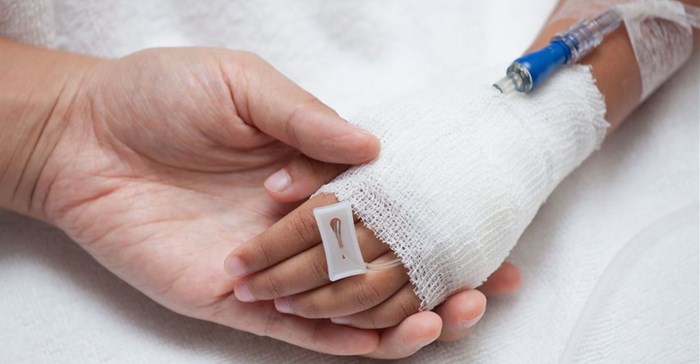
Top stories



ESG & Sustainability#BudgetSpeech2026: SRD grant unchanged, other Sassa social grants see hike
1 hour



More news




ESG & Sustainability
South Africa’s carbon tax should stay: climate scientists explain why














Cases that involve ordering medical treatment for a minor against the wishes of their parents are always difficult if not only for the emotions and sensitivities which arise in dealing with one’s religious beliefs and the physical wellbeing of a loved one.
From time to time our courts are tasked with having to consider on the evidence before it, usually in constrained circumstances, because the application before it is brought on an urgent basis – often without the benefits of affidavits and the luxury of time to ponder the issues – whether to order the medical treatment of a minor child agaist the wishes of the child’s parents. The cases usually involve blood transfusions where the parents object on religious grounds.
Invariably in such matters, where the medical evidence is that without the transfusion the child will die, a transfusion is ordered. Treatment will always be ordered were a child’s life is in danger and not treating is at odds with the child's best interests.
At common law, the High Court is the upper guardian of a minor and will always act in the best interests of the child. Section 28 of the Constitution provides that a child’s best interests are of paramount importance in every matter concerning the child, and that every child has the right to basic healthcare services.
In terms of Section 129 of the Children’s Act, a High Court or children’s court may consent to the medical treatment of – or a surgical operation on – a child in all instances where another person that may give consent under that Act (usually a parent) refuses or is unable to give consent. In terms of that ection no parent, guardian or caregiver may withhold consent by reason only of religious or other beliefs, unless that person can show that there is a medically accepted alternative choice to the medical treatment or surgery proposed.
Because applications for ordering medical treatment are usually dealt with in circumstances of urgency, and the treatment is once off and administered immediately following the order, the effect of the order is final and the order is not revisited.
In the case of the judgment and child under discussion, there is a return date of 5 December to allow the parents to file opposing papers while the interim order remains in place. So, in the meanwhile, the child will receive blood transfusions from time to time as and when necessary. If, on the return date, the parents can convince the court that there is a medically accepted alternative treatment which would have the same life-saving results as a blood tranfusion, the interim order will be discharged. If not, the order will be made final and the doctors and hospital can continue adminstering blood transfusions if needed.